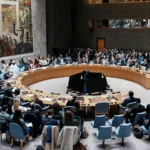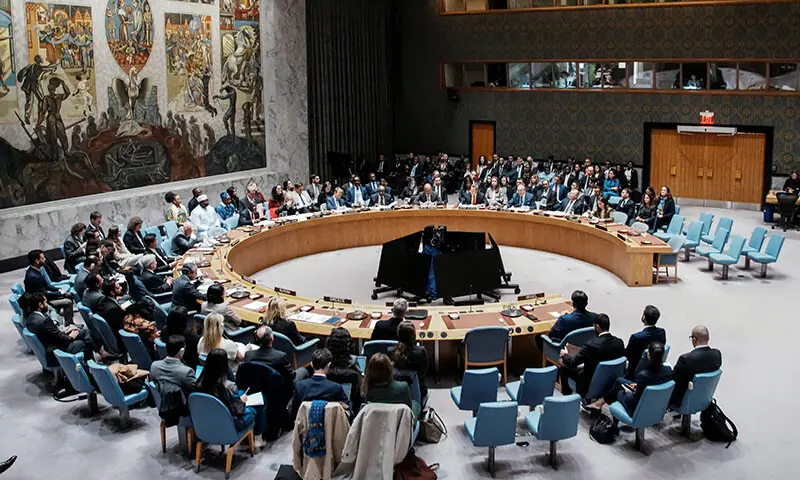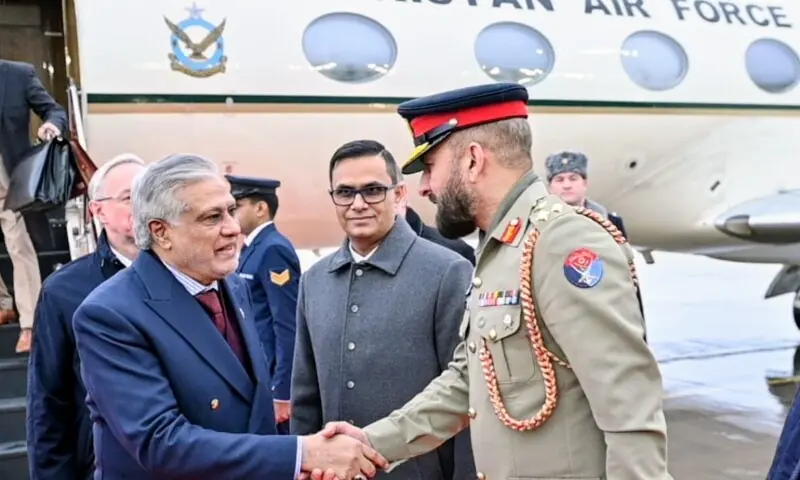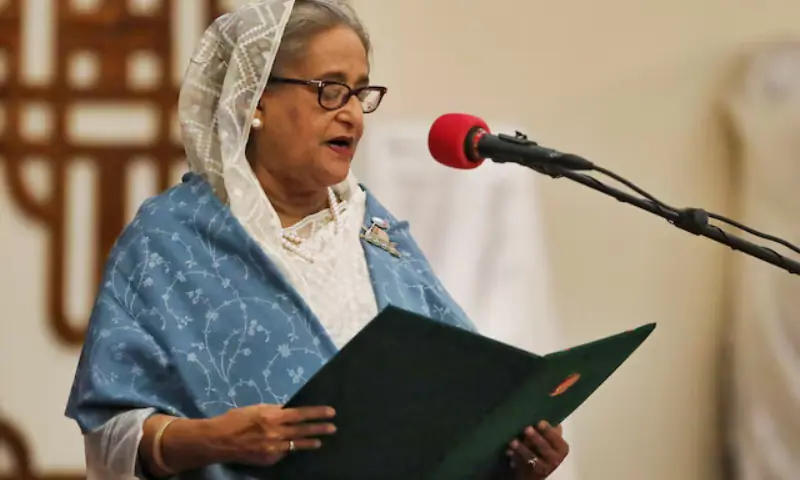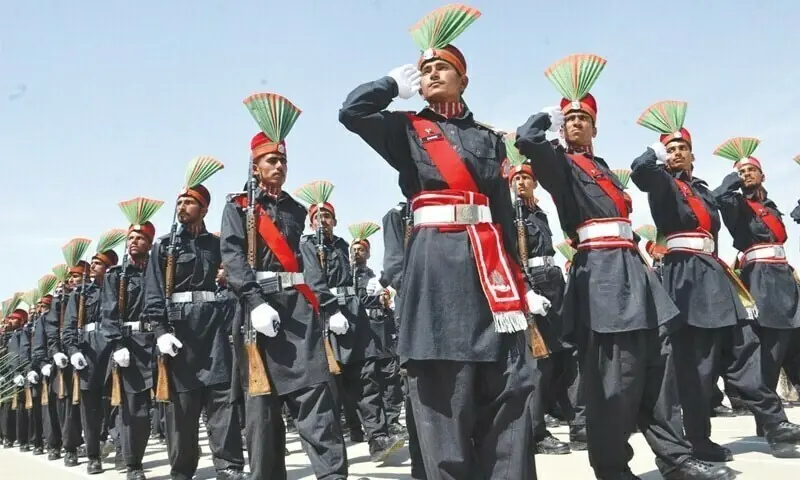The United Nations Security Council voted Monday to adopt a U.S.-drafted resolution backing President Donald Trump’s plan to end the war in Gaza and authorizing an international stabilization force for the Palestinian enclave.
Israel and Hamas last month agreed to the first phase of Trump’s 20-point plan for Gaza — a ceasefire in their two-year war and a hostage release deal — but the U.N. resolution is seen as vital to legitimizing a transitional governing body and reassuring countries considering sending troops to Gaza.
The text of the resolution says that member states can participate in the Peace Board, intended as a transitional authority that would oversee the reconstruction and economic recovery of Gaza.
It also authorizes the International Stabilization Force (ISF), which would ensure a process of demilitarization of Gaza, including through the dismantling of weapons and the destruction of military infrastructure.
Trump’s 20-point plan is included as an annex to the resolution.
Russia, which has a veto in the Security Council, had previously signaled possible opposition to the resolution, but abstained from the vote, allowing the resolution to pass.
Hamas, however, rejected the resolution, saying it fails to meet Palestinian rights and demands and seeks to impose an international trusteeship over the enclave that is opposed by Palestinians and resistance factions.
“Assigning the international force tasks and functions within the Gaza Strip, including disarmament of the resistance, strips it of its neutrality and makes it a party to the conflict in favor of the occupation,” the group added.
The Gaza Strip has been largely reduced to rubble after two years of fighting, sparked by Hamas’ attack on Israel on October 7, 2023.
The text of the resolution also says that “the conditions may finally be in place for a credible path to self-determination and the creation of a Palestinian state” once the Palestinian Authority has carried out a reform program and the redevelopment of Gaza has moved forward.
Israel has already firmly rejected that possibility.
“Our opposition to a Palestinian state on any territory has not changed,” Netanyahu said at a cabinet meeting on Sunday.
Russian objections
Before the meeting, veto-wielding Russia circulated a rival draft, saying the U.S. document did not go far enough to support the creation of a Palestinian state.
The Moscow text, seen by AFPcalled on the Council to express its “unwavering commitment to the vision of the two-State solution.”
He did not authorize a Peace Board or the deployment of an international force for the moment, but instead asked UN Secretary General Antonio Guterres to offer “options” on those issues.
The United States had intensified its campaign to gain support for its resolution, attacking “attempts to sow discord” among Council members.
“Any refusal to support this resolution is a vote for continuing the reign of Hamas terrorists or for a return to war with Israel, condemning the region and its people to perpetual conflict,” wrote US Ambassador to the United Nations Mike Waltz in Washington Post.
The United States has made it known that it has the support of several Arab and Muslim-majority nations, publishing a joint statement of support for the text signed by Qatar, Egypt, the United Arab Emirates, Saudi Arabia, Indonesia, Pakistan, Jordan and Türkiye.
Several diplomats said AFP that despite Russian criticism and hesitations from other member states, they hoped the American draft would be adopted.
“We expect broad support for the resolution,” said a U.N. diplomat, who requested anonymity to discuss negotiations on the resolution. “Although Russia has at times hinted at a possible veto, it would be difficult to oppose a text supported by Palestine and the region.”
That would probably also be the case for China, which also has the right to veto, the diplomat said.
“The Russians know that while many Council members will accept the US plans, they share concerns about the substance of the US text and the way Washington has tried to rush it through New York,” said Richard Gowan of the International Crisis Group. AFP.
However, he said he doubted Moscow would use its veto on a resolution backed by Arab nations.
“I think it’s more likely that China and Russia will abstain, register their skepticism about the plan and then sit back and watch the United States struggle to implement it,” Gowan said.
“Suspicious” flights from Israel show an “agenda to cleanse the Palestinians”
South Africa said today that the surprise arrival of 153 Palestinians on a plane last week indicated “a clear agenda to cleanse Palestinians” from the Gaza Strip and the West Bank.
The group landed in Johannesburg on a chartered flight last Thursday without Israeli exit stamps in their passports. Reports say that a shadowy organization called Al-Majd was involved in his journey from Gaza.
“As the South African government, we are suspicious of the circumstances surrounding the arrival of the plane,” Foreign Minister Ronald Lamola told reporters.
South African border police kept the group on the plane for 12 hours before President Cyril Ramaphosa allowed them entry with a standard 90-day visa exemption.
It later emerged that an earlier flight carrying 176 Palestinians had arrived on October 28, according to the local charity Gift of the Givers which is assisting the arrivals.
“We don’t want any more flights coming our way because this is a clear agenda to cleanse the Palestinians from Gaza and the West Bank and those areas, which South Africa is against,” Lamola said.
“It appears to represent a broader agenda to expel Palestinians from Palestine to many different parts of the world, and it is a clearly orchestrated operation,” he said, without providing further details.




